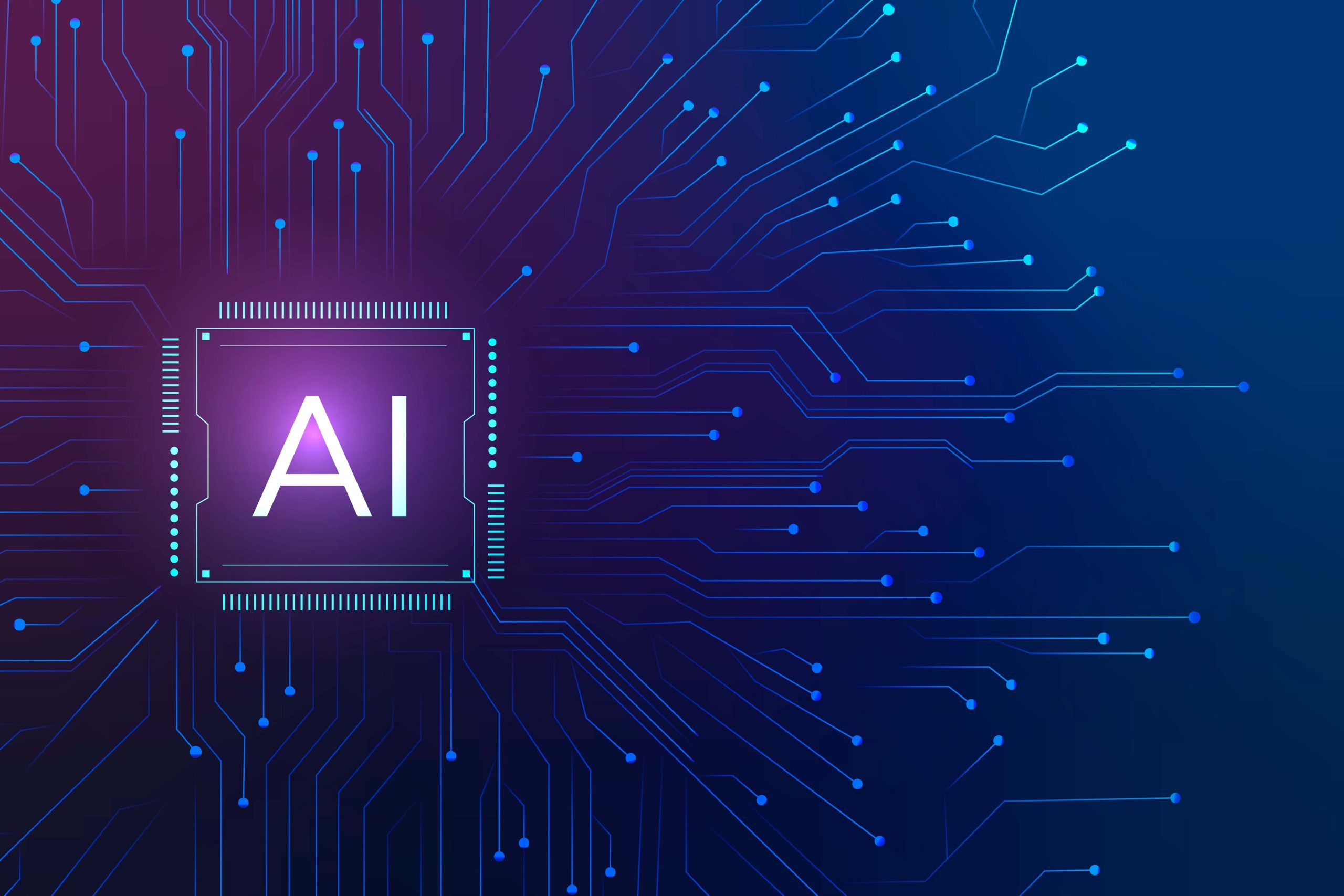Artificial Intelligence (AI) is a transformative technology that mimics human intelligence to perform tasks analyse data, and make decisions. Its applications have become increasingly prevalent and impactful across various industries. AI offers significant advantages in the real world by enhancing efficiency, accuracy, and innovation.
One primary use of AI is in healthcare, where it aids in diagnosing diseases, predicting patient outcomes, and even developing personalised treatment plans. In business, AI-powered analytics help companies optimize operations, improve customer experiences, and forecast market trends. Moreover, AI’s role in autonomous vehicles promises safer transportation, while its presence in manufacturing streamlines production processes.
AI-driven virtual assistants
AI-driven virtual assistants like Siri and Alexa have revolutionised how we interact with technology, simplifying tasks and improving accessibility. In entertainment, AI recommends personalised content and assists in content creation, from music to video editing. AI’s impact on finance ranges from fraud detection to algorithmic trading.
AI’s real-world utility spans diverse sectors, revolutionising approaches and driving innovation in once unimaginable ways.
The advancement of Artificial Intelligence (AI) has been one of the most transformative technological developments in recent times, reshaping industries, economies, and societies. As AI technologies evolve, their profound influence on the job market and the skills required for success in the workforce cannot be overstated. The future of work is being redefined by AI, prompting both excitement and concerns about the changing landscape of employment, job roles, and the skills that will be in demand.
Automation and Job Disruption:
One of the prominent concerns associated with AI’s rise is the potential for automation to displace certain job roles. AI-powered systems can perform repetitive tasks with remarkable efficiency and precision, reducing the need for human involvement in routine operations. Jobs that involve manual data entry, basic calculations, and predictable processes are particularly vulnerable. For instance, industries like manufacturing, data entry, and customer service have witnessed the integration of AI-powered automation systems that have reduced low-skilled positions.
However, it’s crucial to note that while automation might lead to job displacement in some areas, it also creates new opportunities in others. As AI handles routine tasks, human workers can shift their focus towards more complex, creative, and strategic roles that require critical thinking, problem-solving, and emotional intelligence.
Emergence of New Roles:
The future of work is characterised by the emergence of new roles that bridge the gap between humans and AI. Jobs that involve designing, developing, implementing, and maintaining AI systems are in high demand. Data scientists, machine learning engineers, AI ethicists, and AI trainers are examples of these new professions. Data scientists analyze and interpret the vast amounts of data AI relies on, while machine learning engineers build and optimize the algorithms that power AI applications. AI ethicists ensure that AI systems are developed and used responsibly, addressing bias, fairness, and transparency concerns.
Augmentation of Human Abilities:
Rather than replacing humans, AI has the potential to augment human abilities and enhance productivity. AI can provide insights and recommendations by analysing large datasets, helping professionals make informed decisions. For instance, in the medical field, AI-powered diagnostic tools assist doctors in interpreting medical images and identifying patterns that might not be readily discernible to the human eye. In creative industries, AI tools aid artists, designers, and writers by generating ideas and assisting in the creative process.
Skills in Demand:
As the nature of work evolves, the skills that employers seek are changing as well. While technical skills related to AI, data analysis, and programming are becoming increasingly important, soft skills remain crucial. Communication, adaptability, problem-solving, and emotional intelligence are qualities that AI cannot replicate and are essential for effective collaboration, leadership, and customer interactions.
Continuous Learning and Adaptation:
The rapid pace of AI development means that the skills demanded by the job market are constantly evolving. Lifelong learning and adaptability have become essential for both employees and job seekers. Professionals must be open to upskilling and reskilling to remain relevant and competitive in the job market. Employers, too, are responsible for providing opportunities for continuous learning and development to their workforce.
Addressing Workforce Transition:
Governments, educational institutions, and businesses play a pivotal role in addressing the challenges posed by AI’s impact on jobs and skills. Collaboration is crucial to ensure a smooth transition for workers affected by automation. Programs that facilitate reskilling and upskilling are vital for helping individuals transition from roles that are becoming obsolete to roles that are in demand.
Inclusivity and Diversity:
As AI technologies are being developed and integrated into various sectors, ensuring that the benefits are distributed equitably is crucial. Diversity and inclusivity in AI development teams can help prevent biases from being embedded into AI algorithms. Additionally, efforts to provide equal access to AI education and training opportunities can help bridge the skills gap and prevent further inequalities.
AI’s impact on the future of work is multi-faceted. While automation might lead to the displacement of specific job roles, it also paves the way for creating new professions and opportunities. The future workforce must be equipped with technical skills, soft skills, and a willingness to learn and adapt continuously. The collaboration between governments, educational institutions, businesses, and individuals will be critical in navigating the evolving landscape of employment, ensuring that the benefits of AI are harnessed while minimising its potential negative effects. The key to success lies in understanding and harnessing the symbiotic relationship between AI and human capabilities, fostering a future where both work together to drive innovation and progress.











